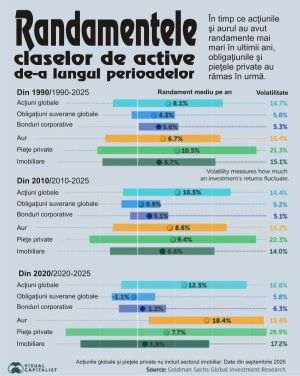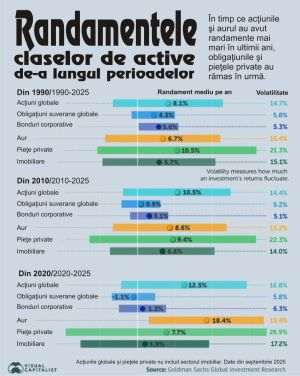Climate change poses a threat to health due to the increasing number of meteorological disasters and extreme heatwaves, the UN has warned, calling for improved warning services to mitigate the most harmful effects. The United Nations' World Meteorological Organization (WMO) has argued that climate information is not sufficiently integrated into health service planning. "Climate change threatens to undo decades of health and well-being progress, particularly in the most vulnerable communities," warned the WMO. The annual report of the WMO on the state of climate services argues that climate-specific information is needed to support the health sector in dealing with extreme weather conditions, poor air quality, changing trends in infectious diseases, and food and water insecurity. The report comes just weeks before the COP28 climate summit, scheduled to take place from November 30 to December 12 in Dubai. The WMO notes that, among all extreme weather conditions, extreme heat is responsible for the highest mortality, but decision-makers in only half of the countries affected by such high temperatures have access to heat alert services. Between 2000 and 2019, it is estimated that the number of heat-related deaths was around 489,000 per year, according to the same source. "Almost the entire planet has experienced heatwaves this year," said WMO Secretary-General Petteri Taalas. Less than a quarter of health ministries have a health surveillance system that uses meteorological information to monitor climate-related health risks. According to the WMO report, countries with limited early warning coverage have eight times as many deaths in the event of a disaster as countries with substantial or complete coverage. And the number of medium or large-scale disasters is expected to reach 560 per year - 1.5 per day - by 2030, the agency emphasized. The report highlights the usefulness of early warning systems for extreme heat, pollen monitoring, and satellite surveillance of climate-sensitive diseases. "The climate crisis is a health crisis, leading to more severe and unpredictable weather events, fueling epidemics, and contributing to an increase in non-communicable diseases," said Tedros Adhanom Ghebreyesus, Director-General of the World Health Organization. Regarding the future, the report argues that more investments in hydrometeorology are needed to support health outcomes.
Meteorological disasters threaten health
O.D.
English Section / 6 noiembrie 2023









































